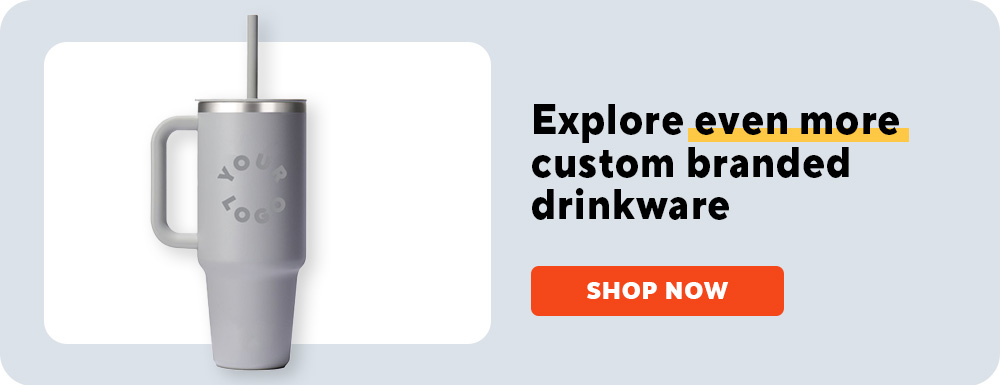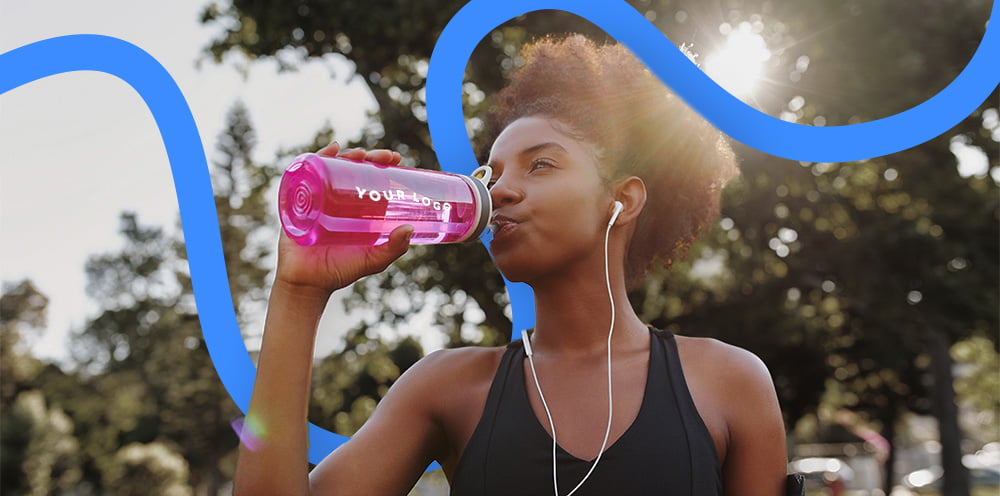Are Plastic Water Bottles Safe? The Truth Revealed
I've got a confession to make. I used to be the biggest plastic water bottle addict around. I mean, I practically had one surgically attached to my hand 24/7. But then I started hearing whispers about the dangers lurking in those innocent bottles. Chemicals leaching into the water, microplastics invading our bodies... it was enough to make me do a spit-take with my beloved H2O.
So, I did what any responsible hydration enthusiast would do: I went on a quest for the truth. Are plastic water bottles the convenient, harmless thirst quenchers we've been led to believe? Or are we sipping on a toxic cocktail with every gulp? Let's unscrew the cap on this mystery together and find out if our plastic water bottles are safe.
Drinking from a Plastic Bottle - Is That Safe?
We've all been there, grabbing a plastic water bottle from the store or vending machine when we're thirsty. It's convenient, sure. But have you ever stopped to think about what that plastic bottle is made of? Or if it's safe for drinking water?
Chemical Leaching
Many plastic bottles contain chemicals that can leach into the water, especially if the bottle gets warm or sits around for a while. Things like BPA, phthalates, and other endocrine-disrupting chemicals. Yikes.
Microplastics
But it's not just the chemicals that are concerning. Recent studies have found that many bottled water brands contain tiny plastic particles, called microplastics. A 2018 study by Orb Media found an average of 10.4 plastic particles per liter of bottled water. Double yikes.
Safer Alternatives
So what's a thirsty person to do? My advice: ditch disposable plastic bottles and invest in a reusable water bottle made of BPA-free plastic, glass or stainless steel. Not only will you avoid potential health risks, but you'll also help reduce the billions of plastic bottles that end up in landfills and oceans each year.
How to Reduce Exposure to Microplastics from Water Bottles
With the alarming levels of microplastics found in bottled water, it's natural to wonder what we can do to minimize our exposure. While it's impossible to completely avoid plastic in our modern world, there are steps we can take to reduce the amount of microplastics we consume from our drinking water.
Using Water Filters
One of the most effective ways to reduce exposure is by using water filters. Not all filters are created equal, though. Look for filters specifically designed to remove microplastics, such as charcoal filters or reverse osmosis systems. These can significantly reduce the number of plastic particles in your drinking water.
Choosing Reusable Water Bottles
Another way to reduce your exposure to microplastics is by choosing reusable water bottles made from safer materials. Glass and stainless steel bottles are great alternatives to plastic. They're durable, easy to clean, and don't leach chemicals into your water.
Opting for Glass or Stainless Steel
When possible, choose glass or stainless steel over plastic. These materials are non-porous and don't retain flavors or odors like plastic can. They're also easier to clean and less likely to harbor bacteria.
Stainless Steel: Incredibly durable and can keep your water cold for hours.Glass: Offers a more natural taste. Choose a bottle with a protective sleeve to prevent breakage.
Custom Logoed Water Bottles for Business Promotion
Custom logoed water bottles offer several advantages for business promotion:
Brand Visibility
Mobile Advertising: Custom water bottles are carried around, providing visibility wherever they go. Each time someone uses the bottle, they are reminded of your brand.Extended Reach: A water bottle can reach a wide audience, including the owner’s friends, family, and colleagues.
Customer Loyalty and Appreciation
Useful Gift: A high-quality, reusable water bottle is a practical and appreciated gift, enhancing customer goodwill and loyalty.Eco-Friendly Image: Providing reusable bottles can enhance your brand’s image as environmentally conscious, especially if the bottles are made from sustainable materials.
Cost-Effective Marketing
Long-Term Use: Unlike flyers or business cards that may be discarded, a durable water bottle is used repeatedly, providing long-term advertising.High Retention Rate: Promotional products, especially useful ones like water bottles, have a high retention rate, keeping your brand in the customer’s daily life.
Customizability
Design Flexibility: You can design the bottles to match your brand’s colors, logo, and message, ensuring a cohesive brand image.Special Editions: Creating limited edition bottles for events or milestones can increase their perceived value and desirability.
Health and Wellness Association
Positive Association: Water bottles are associated with health and hydration, aligning your brand with positive, health-conscious values.Support for Active Lifestyles: Custom bottles can appeal to fitness enthusiasts, hikers, and outdoor lovers, positioning your brand within active lifestyle markets.
Conclusion
So, are plastic water bottles safe? The answer is a resounding "it's complicated." While most bottles are considered safe for general use, there are potential risks lurking beneath the surface. Chemicals like BPA and microplastics can leach into our water, and the long-term effects on our health are still being uncovered.
But don't throw out your reusable bottles just yet! By choosing BPA-free options, avoiding extreme temperatures, and giving your bottles a good clean regularly, you can minimize your exposure to any nasty surprises. And if you really want to play it safe, consider switching to glass or stainless steel.
At the end of the day, staying hydrated is key – but so is staying informed. Armed with the knowledge of what's really in our plastic water bottles, we can make smarter choices for ourselves and our planet. So go forth, my fellow hydration heroes, and drink responsibly!


